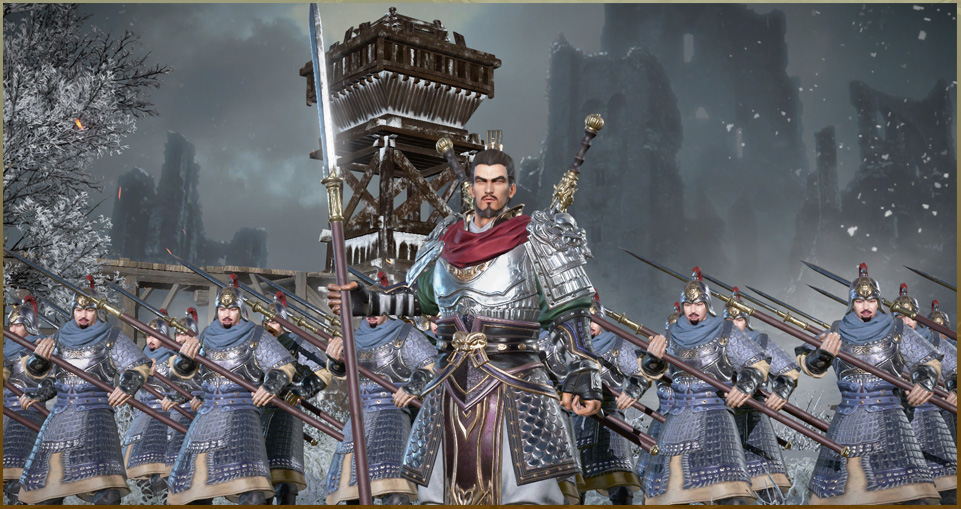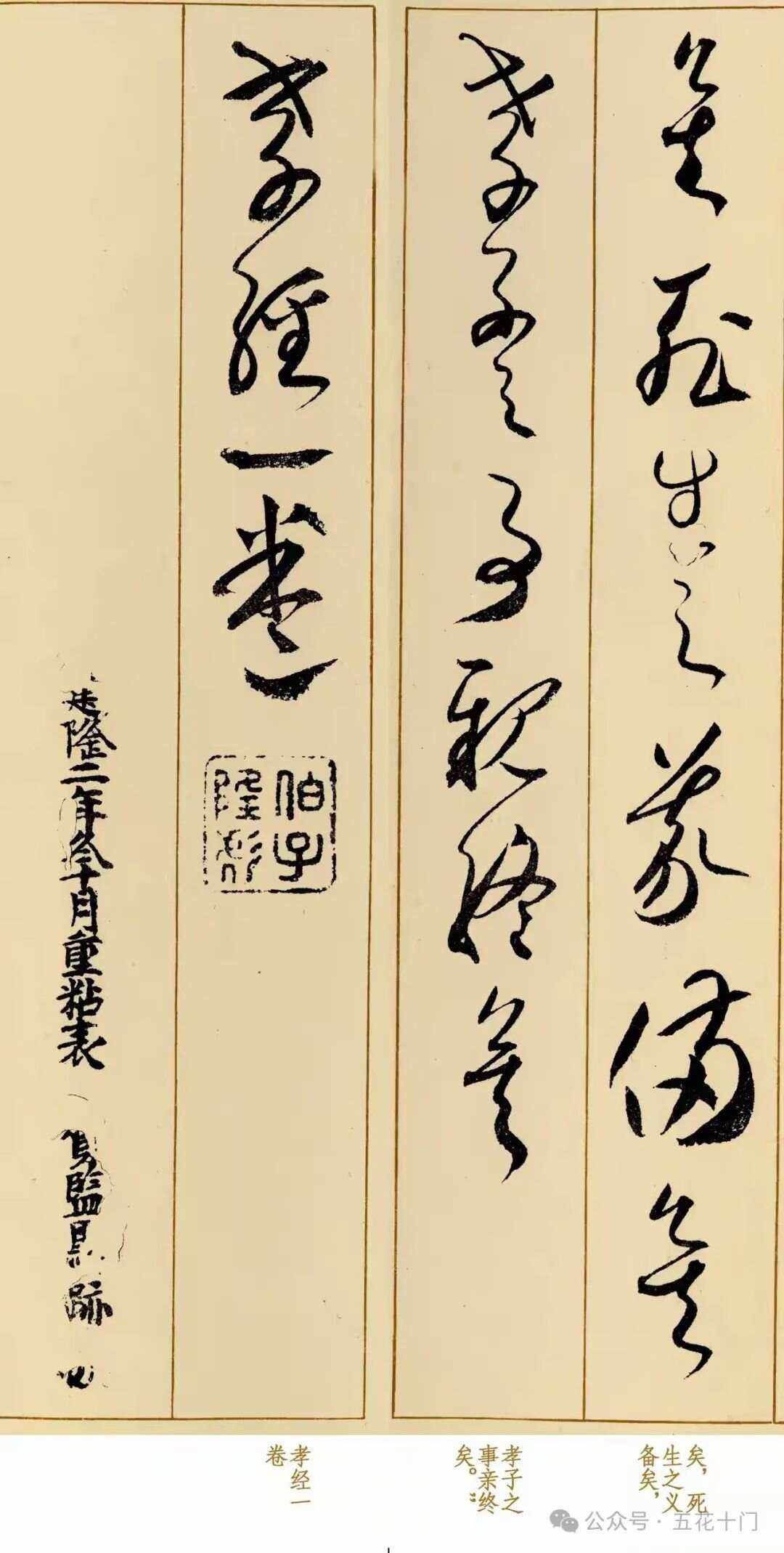Wang Wei of the Tang Dynasty was a landscape poet with the characteristic of “painting in poetry and poetry in painting”. So why is he called the “Poetry Buddha”? Below, the History Encyclopedia editor will provide a detailed introduction to the relevant content.

Red beans grow in the south, and a few branches bloom in spring. May you harvest more, this thing is the most beloved.
This poem “Love for Love” is a famous poem that has been passed down through the ages. It was written by the Tang Dynasty poet Wang Wei, and the poet expressed his longing by singing about objects. It depicts the feeling of longing.
The meaning is: Red beans grow in the south, and every spring they grow countless new branches. I hope you can collect more of them because they can express feelings of longing.

The author of “Love in the Palace”, Wang Wei, was a Tang Dynasty poet who was known as “Wang Youcheng” because he served as the Right Deputy of the Shangshu. Wang Wei’s poems are mostly poems about mountains, waters, and rural areas. He is a poet of the pastoral school, and together with Meng Haoran, he is known as “Wang Meng”.
Wang Wei’s landscape and pastoral poetry, while depicting natural beauty, also reveals a leisurely and carefree lifestyle beyond just living in leisure.
For example, this song ‘Birds Singing in the Stream’:
When people are idle, osmanthus flowers fall, and when the night is quiet, the mountains are empty in spring. The moon rises and startles the mountain birds, chirping in the spring stream.
This poem depicts scenery such as falling flowers, rising moon, and bird songs. It displays the tranquility of a moonlit night, which also reflects the author’s Zen mind and interest.
Some famous poets in the Tang Dynasty had honorific titles, such as:
Li Bai is the immortal of poetry, Du Fu is the saint of poetry, the ghost of poetry is Li He, the hero of poetry is Wang Bo, the poet is Liu Yuxi, the poet prisoner is Meng Jiao, the poet slave is Jia Dao, the poet maniac is He Zhizhang, the poet master is Wang Changling, the poet demon is Bai Juyi, the poet tiger is Luo Ye, the poet bone is Chen Ziang, the poet hidden is Meng Haoran, and so on. Wang Wei is a landscape and pastoral poet, and he also has an elegant title, which is “Poetry Buddha”.
Why is the landscape poet Wang Wei called the “Poetry Buddha”?
Wang Wei is not only a pastoral landscape poet, but also a landscape painter. His poets have the characteristic of “painting in poetry and painting in poetry”. At that time, it could be described as a “dual masterpiece of poetry and painting”.
Wang Wei is known as the Poet Buddha because his poetry embodies the Buddha’s meaning and Zen mind, and he himself practices Zen to understand the principles and learn to believe. At the same time, he was very devout and faithful to Buddhism in his early years. Later, due to political turmoil and unfavorable career prospects, Wang Wei retired to Buddhism and became known as a “contemporary poet and master of Zen Buddhism” during his lifetime.
All of these indicate that Wang Wei has a profound understanding of Buddhist philosophy, and Wang Wei, also known as Moji or Moji layman, bears a striking resemblance to the Buddhist name “Moji”. (Wang Wei has a younger brother, Wang Jin, who also advocates Buddhism. Later, when Wang Jin became the prime minister, he vigorously promoted Buddhism.)
So, Wang Wei is known as the ‘Poet Buddha’.
Wang Wei’s “Sending to My Brothers and Sisters in the Mountains” is about his dedication to practicing Buddhism.
There are many Buddhist companions in the mountains, and they form their own group through Zen recitation. Facing each other from afar, only white clouds can be seen.
The meaning is: There are many monks in Zhongnan Mountain who gather together to practice meditation and recite scriptures. From afar in the city, you should only see white clouds in the sky.
Wang Wei has four younger brothers and two younger sisters, and this poem was written by him while he was in seclusion and devoted to practicing Buddhism in Zhongnan Mountain.
However, although the title of the poem “Sending to My Brothers and Sisters in the Mountains” is written for my younger siblings, and although it is about my loved ones thinking of me and myself, the main content is still about his daily life of devoting himself to Buddhist practice in Zhongnan Mountain, which is to practice with some like-minded people. At that time, Wang Wei was practicing in seclusion in Zhongnan Mountain. He was in the peaceful mountains, far away from the noise, immersed in the mountains and waters. It can be described as being at ease and leisurely.
Overall, some of Wang Wei’s landscape poems contain and reveal Zen principles and techniques. He infused Zen philosophy and meaning into his poetry, forming a unique Zen style poem that further embodies the beauty of Wang Weizhi’s Zen style poetry.
Wang Wei was born during the reign of Empress Wu Zetian (701 AD). He was exceptionally intelligent, not only able to write poetry, but also proficient in calligraphy and painting. At the same time, he had a natural talent for music.
Wang Wei also entered the officialdom, but later he went into seclusion and focused on practicing Buddhism due to his unsuccessful career. He has served as a Right Attendant, Censorate, Assistant Minister of the Ministry of Finance, Assistant Minister of the Ministry of Finance, Assistant Minister of the Ministry of Finance, Crown Prince Zhongyun, Academician of the Jixian Hall, and Minister of the Imperial Secretariat. Wang Wei’s final official position was the Right Deputy of the Shangshu, which was also the highest official position he held in his career. The old man was called Wang Youcheng.


